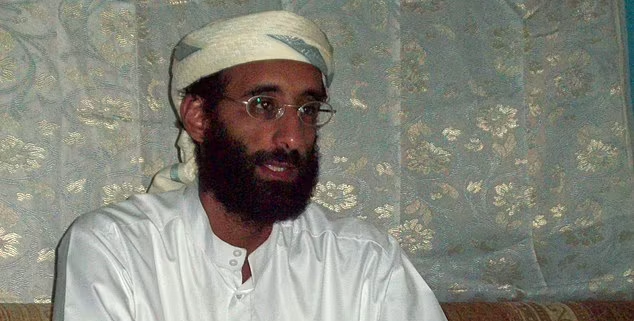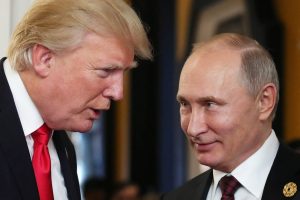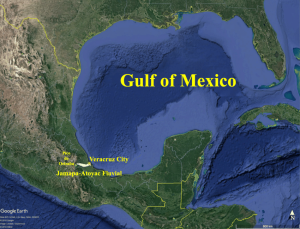Most reckless misuse of USAID funds exposed after agency paid college tuition for jihadist who became key al Qaeda figure.
In a shocking revelation, it has come to light that the United States Agency for International Development (USAID) paid the college tuition of Anwar al-Awlaki, an American-born jihadist who later became a prominent figure in al-Qaeda. The documents, obtained by Fox News, show that USAID provided funding for al-Awlaki’s education at Colorado State University in the early 1990s, years before he was killed in an American drone strike.
The resurfaced documents reveal that in June 1990, USAID granted al-Awlaki a J-1 visa after he falsely claimed to be a Yemeni national. The agency awarded him full funding for his studies under the pretenses of him being an international student. The J-1 visa is typically granted to foreign students for short-term educational exchange programs, but al-Awlaki, who was born in Las Cruces, New Mexico to Yemeni parents, had falsified his citizenship status.
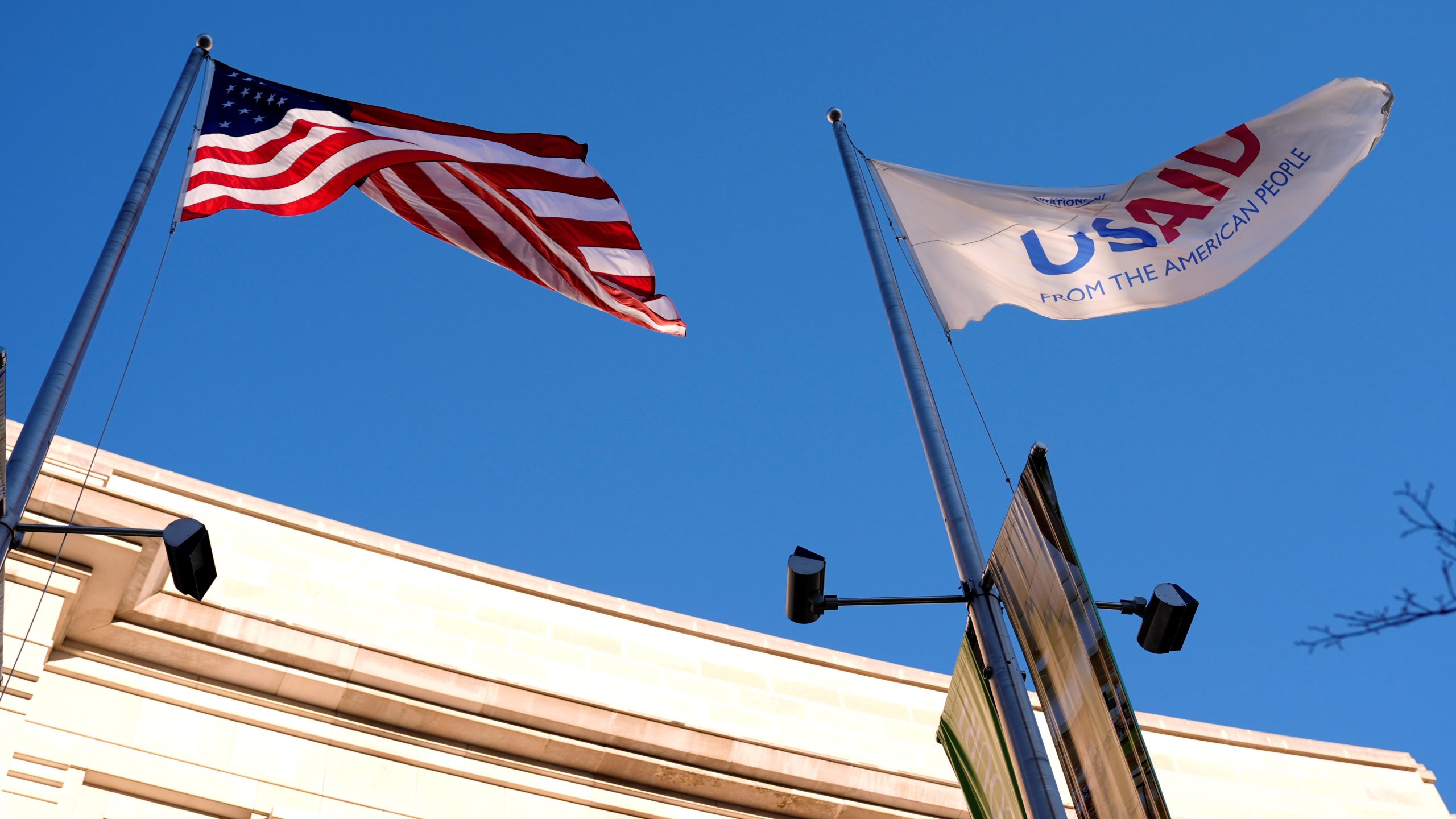
The United States Agency for International Development
After his deceit was uncovered, al-Awlaki was the subject of an arrest warrant for fraud in 2002. However, prosecutors later withdrew the charges, according to the National Security Archive at George Washington University.
This troubling revelation about USAID’s funding comes as the agency continues to face scrutiny, particularly from high-profile figures like Elon Musk and former President Donald Trump. Musk has referred to USAID as a "criminal organization," while Trump has been vocal about his intention to shut down the agency, accusing it of excessive government spending and inefficiency.
The documents in question confirm that al-Awlaki was given "full funding" by USAID to attend Colorado State University, where he earned a civil engineering degree in 1994. During his time in the United States, al-Awlaki began his career as a Muslim cleric, preaching at mosques in Denver, San Diego, and Falls Church. It was at a mosque in San Diego that he met two of the hijackers responsible for the September 11, 2001 attacks, Khalid al-Mihdhar and Nawaf al-Hazmi.
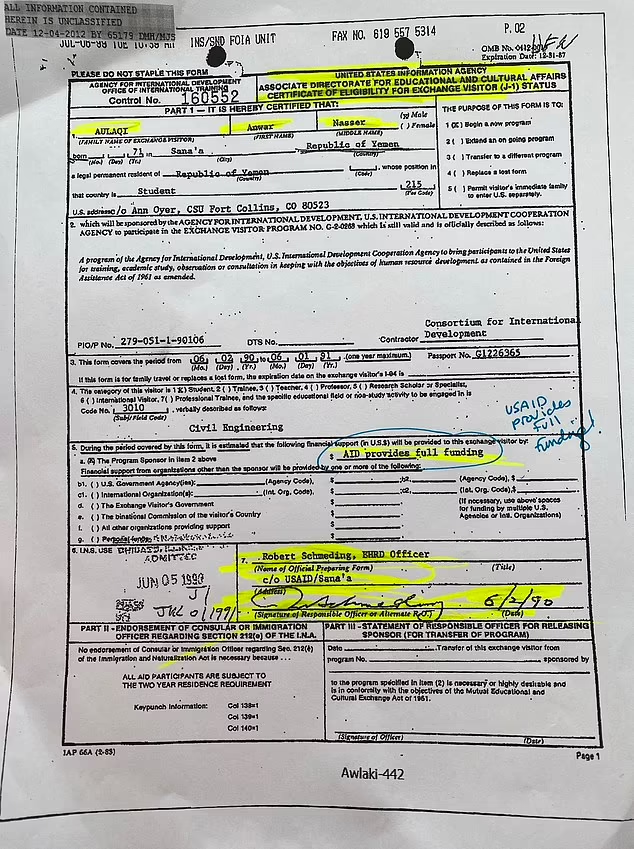
When requested to provide an address on the document, al-Awlaki stated that he was under the care of 'USAID/Sana'a.'
Al-Awlaki’s radicalization escalated over time. He became a strong advocate for violent jihad and a key propagandist for al-Qaeda. His public rhetoric was inflammatory, claiming that America had spread immorality across the globe and that Allah had sent AIDS as a punishment for the country.
Despite his increasingly extremist views, al-Awlaki continued to live a double life, secretly soliciting prostitutes. His actions eventually led to FBI investigations, with one informant reporting his involvement in an escort service. When agents started questioning the women he frequented, al-Awlaki fled the country, first moving to the UK, then eventually to Yemen, where he became fully immersed in radicalism.
In Yemen, al-Awlaki’s ties to terrorist organizations deepened, and he was considered a terrorist sympathizer by U.S. authorities. He was arrested in 2006 on suspicion of holding terrorist ties, but was released after a claim of repentance. However, by 2009, al-Awlaki was linked to the Fort Hood shooting and the attempted bombing of a Detroit-bound flight. His notoriety ultimately led to his inclusion on a U.S. target list, and on September 30, 2011, he was killed in a U.S. drone strike.
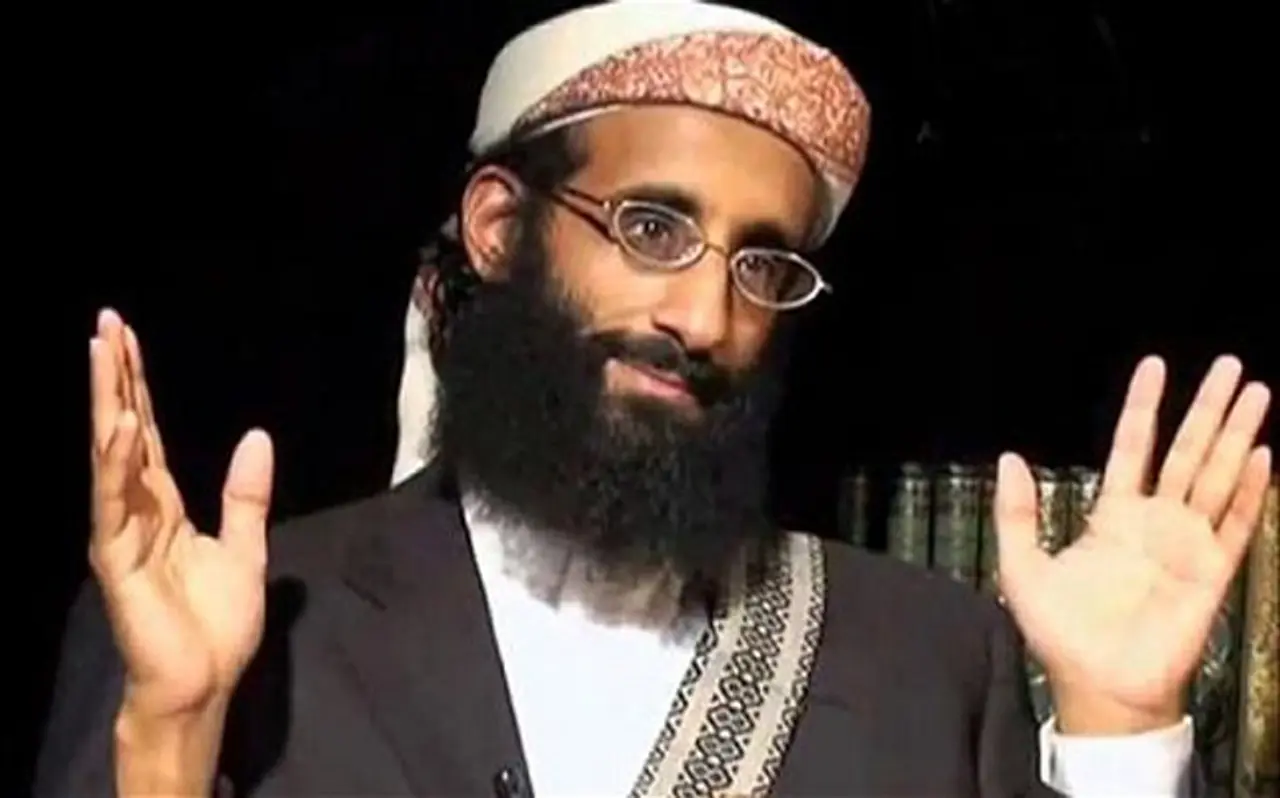
By the end of his life, al-Awlaki served as the main propaganda officer for al Qaeda's division, advocating for violent jihad.
At the time of his death, President Obama stated, "The death of Awlaki marks another significant milestone in the broader effort to defeat al Qaeda and its affiliates."
The scandal surrounding USAID’s role in funding al-Awlaki’s education is only one example of the agency's controversial funding decisions. Under scrutiny for its international aid programs, USAID has been criticized for its funding of projects like a COVID lab in China, electric vehicle research in Vietnam, and transgender HIV research. In response to these controversies, President Trump has taken steps to overhaul the agency, ordering a freeze on most foreign aid on his first day in office. Musk’s Department of Government Efficiency has been instrumental in pushing for cuts to excessive government spending.
The turmoil surrounding USAID has only intensified, with several workers placed on leave and contractors laid off. In a move to increase oversight, Secretary of State Marco Rubio has taken over as acting head of the agency and is working on a reorganization plan. It remains to be seen whether USAID will be restructured or abolished altogether.

Elon Musk's Department of Government Efficiency is now working to dismantle the US Agency for International Development.
The temporary federal injunction blocking Trump’s plan to lay off 2,200 employees has slowed the reorganization, but his administration remains committed to addressing what they see as inefficiencies and fraud within USAID.
In an interview with Fox News, President Trump stated, "We have to solve the efficiency problem. We have to solve the fraud, waste, abuse - all the things that have gone into the government... You take a look at USAID, the kind of fraud there is."
As the future of USAID hangs in the balance, the al-Awlaki scandal serves as a stark reminder of the potential dangers of unchecked government spending and oversight.



